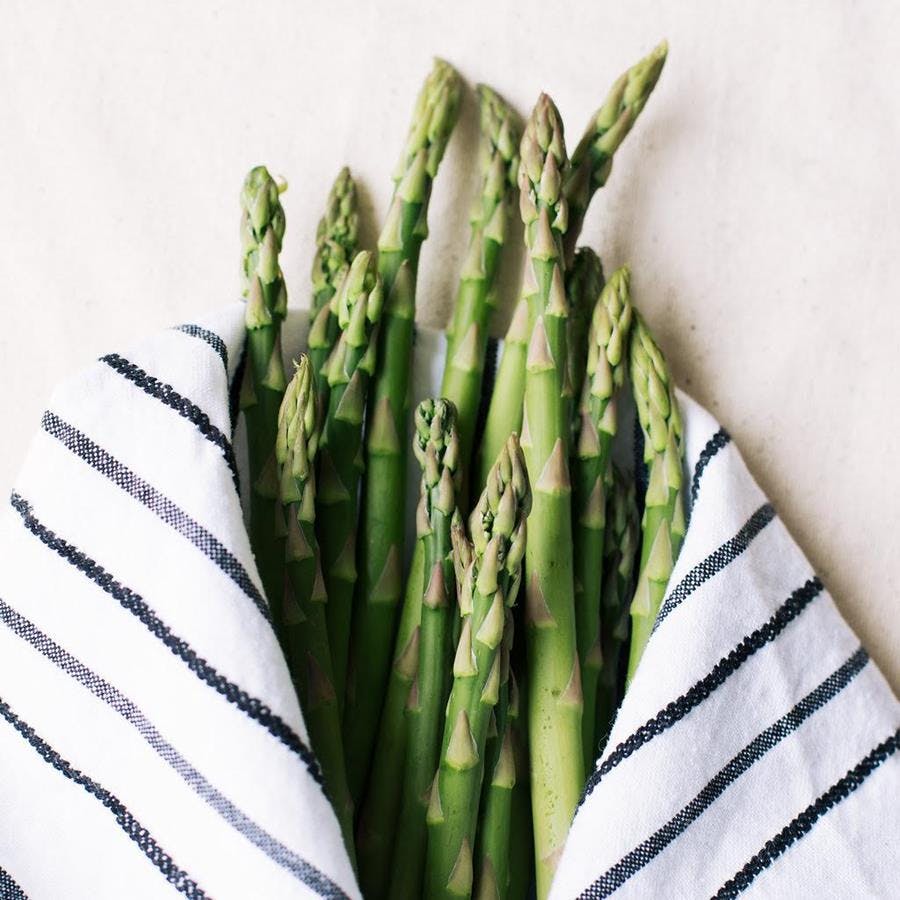Regenerative Thinking
May 18, 2022
Let's taco 'bout Regenerative Thinking
The term "sustainability" - in reference to the environment and as used today - is only 35 years old. It was introduced by the United Nations in its 1987 report, Our Common Future. The UN defined sustainability as "development that meets the needs of the present without compromising the ability of future generations to meet their own needs." To this day, sustainability initiatives have embraced the mantra of "reducing, reusing, and recycling" and include efforts to promote "triple bottom lines," "reduced carbon footprinting," and "zero waste" - all ideas we know to be beneficial, and yet there may be less-commonly-known and more impactful ways of approaching the global environmental crisis.
A few weeks ago, a panelist at Food Tank's Nourish America Tour, brought up the topic of food cycles. She alluded to the idea that the life cycle of the food we eat is not linear. It does not begin in the grocery store and end in our mouths. It is much deeper and involves understanding the natural cycles that work together to create our food and "regenerate" communities and our planet. This regeneration ambition calls us to learn from the earth's living systems and then focus our actions on rethinking, restoring, and replenishing.
With a little research, we learned that this concept is not new. The Rodale Institute introduced regenerative thinking many years ago, with one of the best examples related to agriculture:
"Regenerative prioritizes soil health while simultaneously encompassing high standards for animal welfare and worker fairness. The idea is to create farm systems that work in harmony with nature to improve quality of life for every creature involved." Rodale Institute
Essentially, regenerative agriculture is organic or sustainable farming, but it goes a few steps further. In addition to omitting chemicals, regenerative agriculture replenishes and strengthens plants, soil, and the surrounding environment; imagine acre upon acre of various crops, many strategically planted to help each other grow and flourish and replenish the earth. While it's currently challenging to identify which farmers practice regenerative agriculture and which companies support it - as there are no existing standards - this approach continues to gain momentum. Many businesses, including Chaia, are paying attention and considering how to take part.
We look forward to keeping you apprised of how we work to integrate regenerative practices into our daily operations.
In Season Now - Our Asparagus Taco

Congratulations to Our Graduates!

Hannah (^), Emma, Madison, Grace, Emmett & Juliette
We are so proud of your accomplishments and wish you all the best.
We will miss you!
